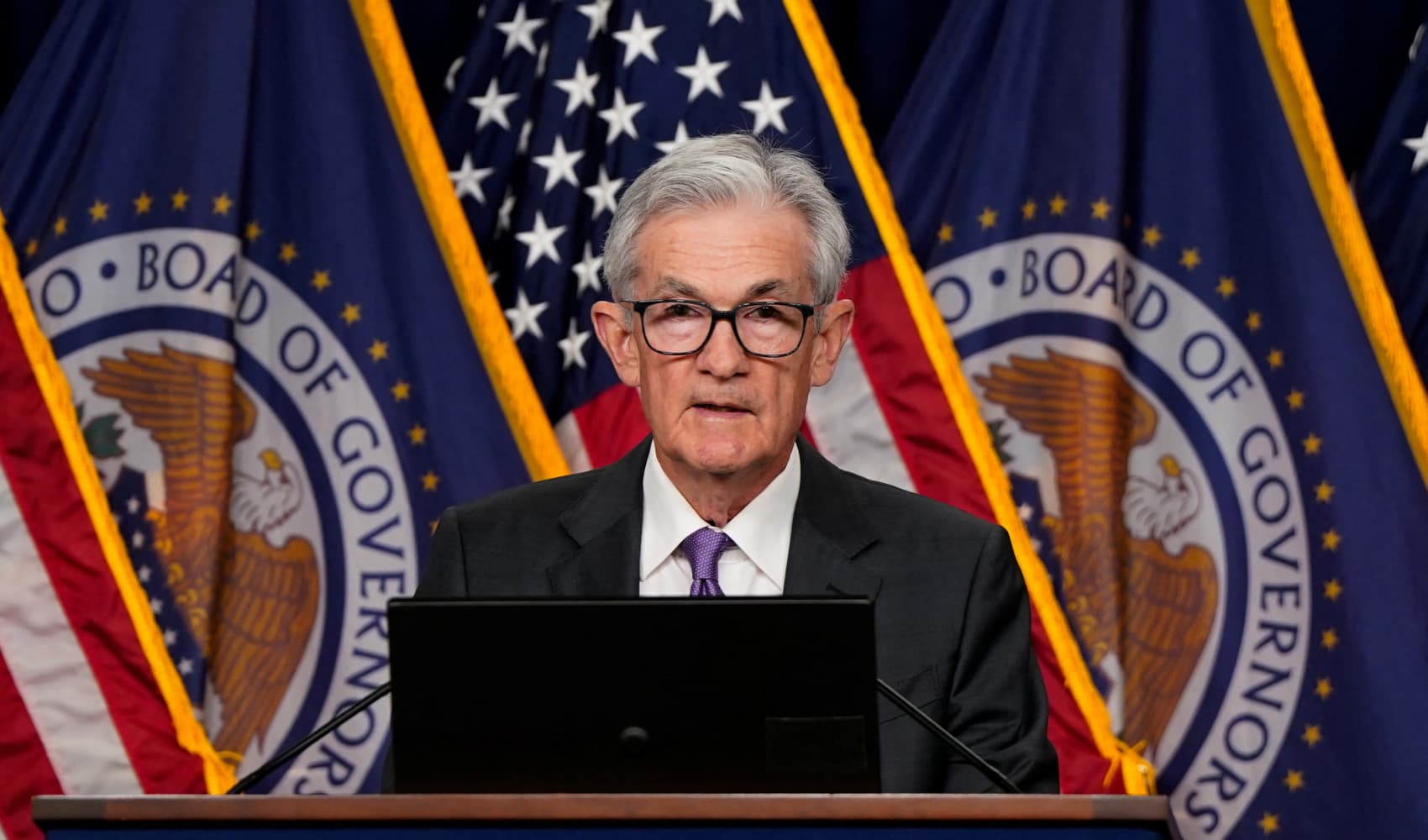
- Child care centers received $24 billion in pandemic-era funding, but still saw major job losses.
- Unlike other industries, the economics of child care make it hard to retain teachers and staff while keeping costs reasonable for working parents.
- An estimated 3.2 million kids are expected to lose their child care spots, according to an analysis by The Century Foundation.
- While Democrats in Congress are pushing for continued funding, it’s an uphill battle as Republicans are fighting for less federal spending.
GREENBELT, Md. — It's barely 10 a.m. on a Wednesday, but the day at Greenway Learning Center is well underway. Story time is done, jelly sandwiches have been eaten and the kids have been divided into the preschoolers and the "twos", with infants in another room. As the preschoolers review their numbers, the 2-year-olds play with brightly colored blocks.
Ashleigh Proctor, who works nearby as a facilities manager, dropped in to see her son, Ahmad, who's been attending the center since he was 8 months old. Proctor said being around teachers and other kids has helped his development and the center has come to feel like family.
But she's not sure how much longer Ahmad can stay. Proctor is one of millions of families that have had help paying for child care thanks to $24 billion in pandemic-era funding Congress passed in 2021. The funding is set to expire on Sept. 30, and The Century Foundation estimates that 3.2 million kids in the U.S. will lose their spot in child care.
Get Boston local news, weather forecasts, lifestyle and entertainment stories to your inbox. Sign up for NBC Boston’s newsletters.
"The scholarship has helped a lot. Without the scholarship, I don't think he will be in day care. He will probably be at home because that's probably the most feasible option," Proctor told CNBC earlier this month. "But the growth here has been good for him."
While most business affected by the pandemic have bounced back, child care hasn't. An estimated 65,000 child care jobs have been lost between February 2020 and August 2023, according to the Bureau of Labor Statistics. And more are likely to shut if the funding ends. The Century Foundation estimates 70,000 day care centers will close without the funding, leading to a subsequent $10.6 billion in lost tax and business revenue.
Money Report
Standing next to a giant dollhouse and shelves packed with books, Patti Smith, the director of Greenway Learning Center, said the funding during the pandemic was a "lifesaver," but the economics of child care were "broken" long before then. Teachers in child care centers are required to obtain specific degrees and certifications but are paid less than jobs that only require a high school degree.
"If you raise tuition to pay your staff what they're worth, then parents can't afford it," Smith said. "It's really a no-win situation."
Smith said about a quarter of the kids at Greenway receive assistance through the scholarships. If their parents can't cover the cost of tuition on their own, she won't be able to offer their kids a spot.
"We worry about children going into unregulated child care or having parents leave the workforce which is not good for the economy at all," she said. "If we don't have full enrollment in the classrooms, then I have to let teachers go and I don't want to do that. And I certainly don't want to turn children away."
A group of Democratic lawmakers is seeking $16 billion in funding passed for child care centers before the end of the month, but time is running short. Rep. Suzanne Bonamici (D-Ore.), who is helping lead the push in the House, said she hopes to attach to the funding to an $44 billion emergency supplemental request from the White House, which currently includes funding for Ukraine and disaster relief for Maui, among other items.
"The emergency supplemental is for emergencies," Bonamici said. "And if this funding ends, and kids across the country are losing their child care slots, that's an emergency because people won't be able to go to work if there's no safe place for their child."
That additional funding seems unlikely as Republicans are pushing for reduced federal spending. Two key groups of House Republicans are pressing for an 8% cut in domestic discretionary programs not related to the military or veterans. Even items the White House requested, like aid for Ukraine, are facing opposition by some Republicans.






